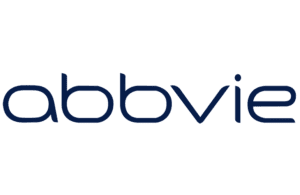 AbbVie (NYSE:ABBV) and Janssen Pharmaceutical (NYSE:JNJ) have revealed their intent to voluntarily withdraw the accelerated approvals for Imbruvica (ibrutinib) for patients with mantle cell lymphoma (MCL) and marginal zone lymphoma (MZL) in the U.S.
AbbVie (NYSE:ABBV) and Janssen Pharmaceutical (NYSE:JNJ) have revealed their intent to voluntarily withdraw the accelerated approvals for Imbruvica (ibrutinib) for patients with mantle cell lymphoma (MCL) and marginal zone lymphoma (MZL) in the U.S.
Ibrutinib is a selective Bruton’s tyrosine kinase (BTK).
The main reasons for the move relate to FDA’s request for additional studies to confirm clinical benefits that relate to the accelerated approval status granted by the FDA for MCL and MZL. Initially, FDA authorized the accelerated approval program for the two indications following the publication of positive overall response rate data in phase 2 trials.
While the phase 3 shine study in previously untreated MCL met its primary endpoint of progression-free survival, there was an increased rate of adverse reactions when combining Imbruvica and chemotherapy compared to the placebo-controlled arm.
Conversely, the phase 3 SELENE study in relapsed or refractory MZL did not meet its primary endpoint of progression-free survival.
The news is unlikely to have a material impact on either AbbVie or Janssen.
In 2022, AbbVie earned $4.6 billion from international Imbruvica sales.
The drug also has a robust clinical oncology development program with more than 130 ongoing clinical trials, including company-sponsored and investigator-sponsored trials investigating its potential as a mono- or dual therapy.
The news, however, highlights challenges often inherent in developing new indications.
Important clinical trials for ibrutinib in MCL and MZL, such as a phase 2 trial published in NEJM and Blood Advances, demonstrated promising overall response rates, leading to FDA accelerated approval for both indications.
In March, Janssen filed a submission of a Type II variation application to the European Medicines Agency (EMA) for the potential approval of Imbruvica (ibrutinib) with bendamustine and rituximab (BR) to treat adults with previously untreated mantle cell lymphoma (MCL). The company said that indication would cover patients who are not suitable for autologous stem cell transplantation (ASCT).
Filed Under: Oncology



